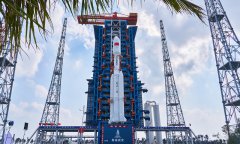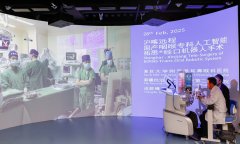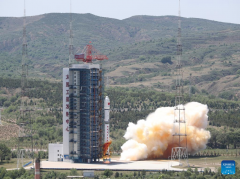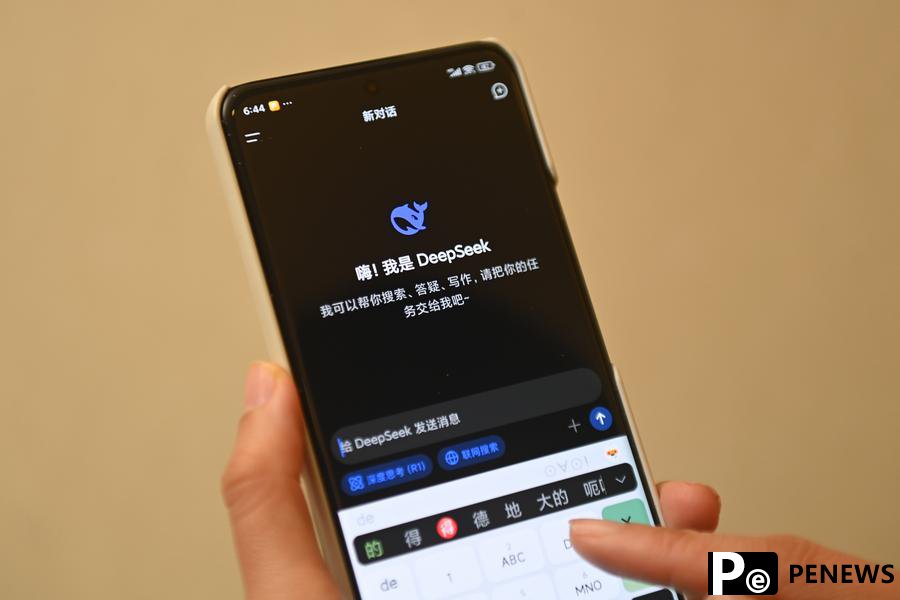Home>>
New pricing guideline for brain-computer interface services to boost application(Global Times) 09:02, March 13, 2025
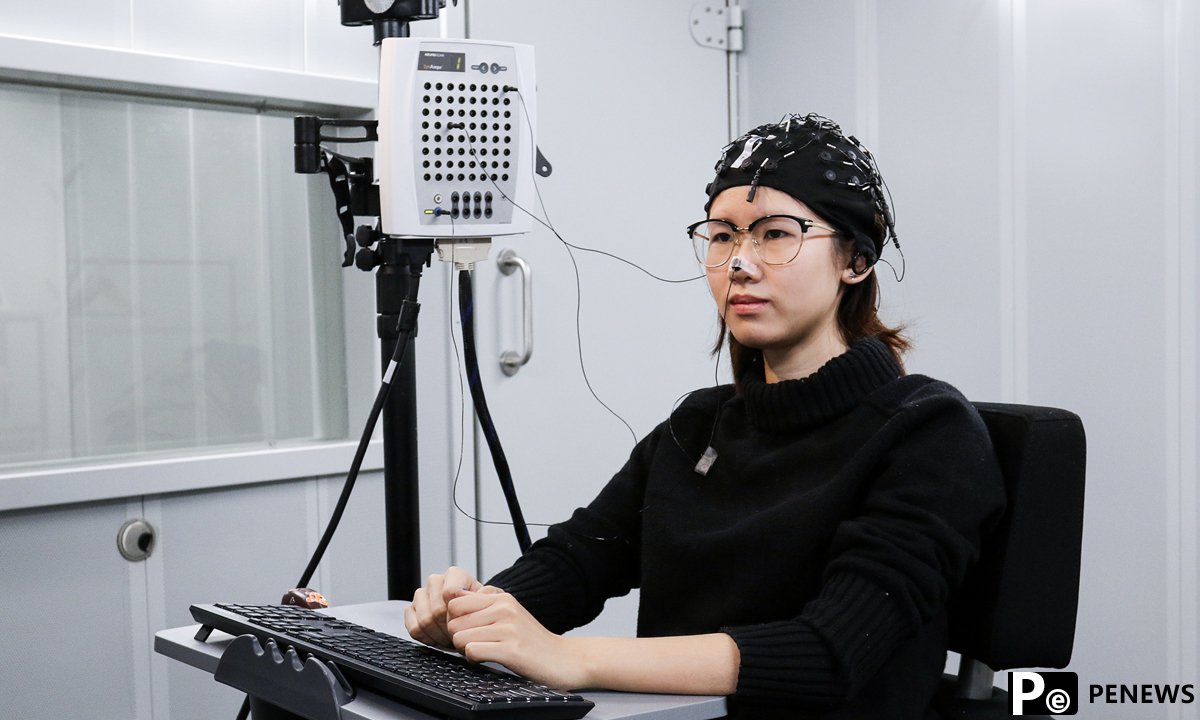
"Have you ever imagined controlling objects with your thoughts, or conversing with machines through your mind?" the NHSA asked, in an apparent attempt to promote the technology. "As science fiction becomes reality, are you ready to embrace a cyber life?"
There are already examples of successful applications of BCI technology in China. During the 2022 Winter Paralympics in Beijing, Olympic champion Jia Hongguang wore a smart bionic hand produced by Zhejiang-based BrainCo on his right hand during the torch relay.
The "hand" incorporated non-invasive BCI technology, allowing his "steel hand" to stretch and grasp based on the intentions of his brain, thus successfully completing the torch relay.
Domestic companies, such as tech start-up BrainUp, have developed devices such as electroencephalography (EEG) caps, which enable functions like typing with a person's thoughts and controlling smart home devices.
The advent of portable EEG acquisition devices has also promoted the application of non-invasive BCI technology in more household and medical scenarios, said the NHSA, noting that in recent years, with the advancement of technologies such as artificial intelligence, neurobiology, and sensors, BCI technology has rapidly developed in China.
China has long focused on BCI technology. The country's 14th Five-Year Plan (2021-25) listed "brain science and brain-like intelligence technology" as a national key frontier technology project.
In February 2025, the National Medical Products Administration initiated the establishment of industry standards for BCI technology in medical devices. Beijing and Shanghai have also announced five-year plans to support the development of BCI technology.
Meanwhile, BCI has become a highlight at major high-tech events. The 2025 Zhongguancun Forum (ZGC Forum), set to take place from March 27 to 31 in Beijing, will include a forum for the innovative development and application of BCI.
China's non-invasive BCI technology has reached an advanced global level, achieving major breakthroughs in fields such as motor neurorehabilitation and manned spaceflight. In parallel, invasive BCI technology has entered clinical trials for applications, Ming Dong, a member of the Chinese People's Political Consultative Conference National Committee and vice-president of Tianjin University, told the Global Times on the sidelines of this year's two sessions.
(Web editor: Tian Yi, Zhong Wenxing)

